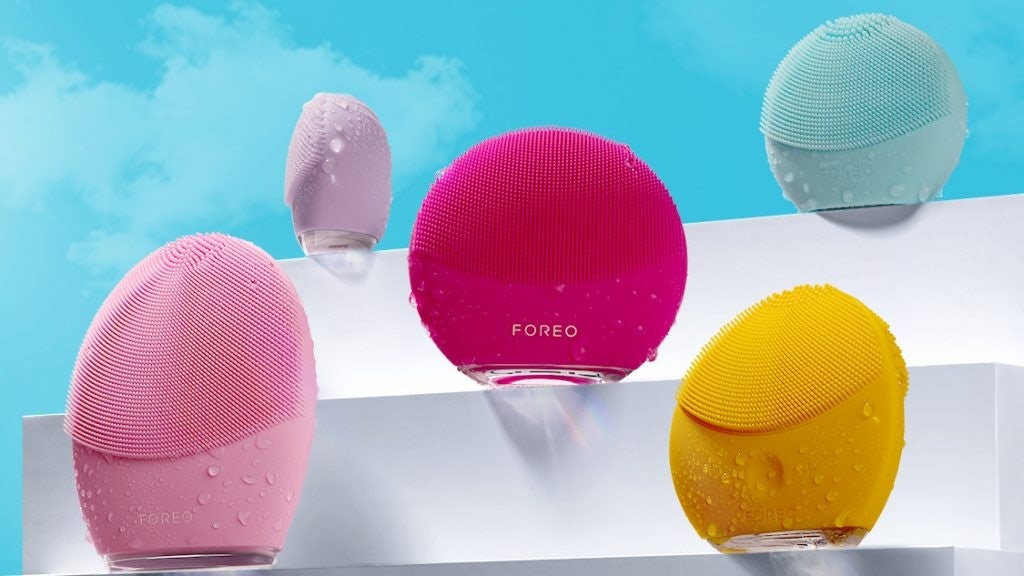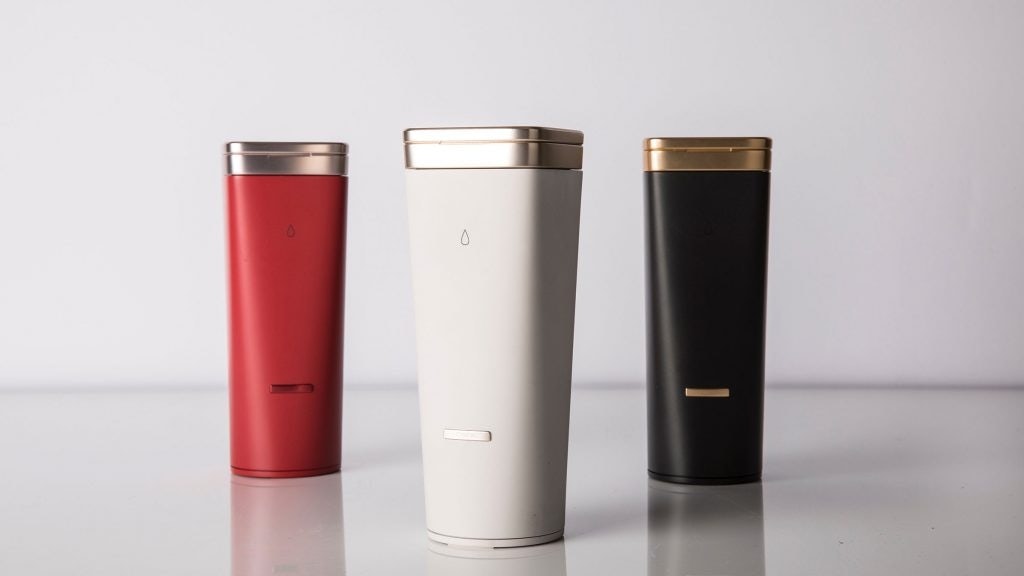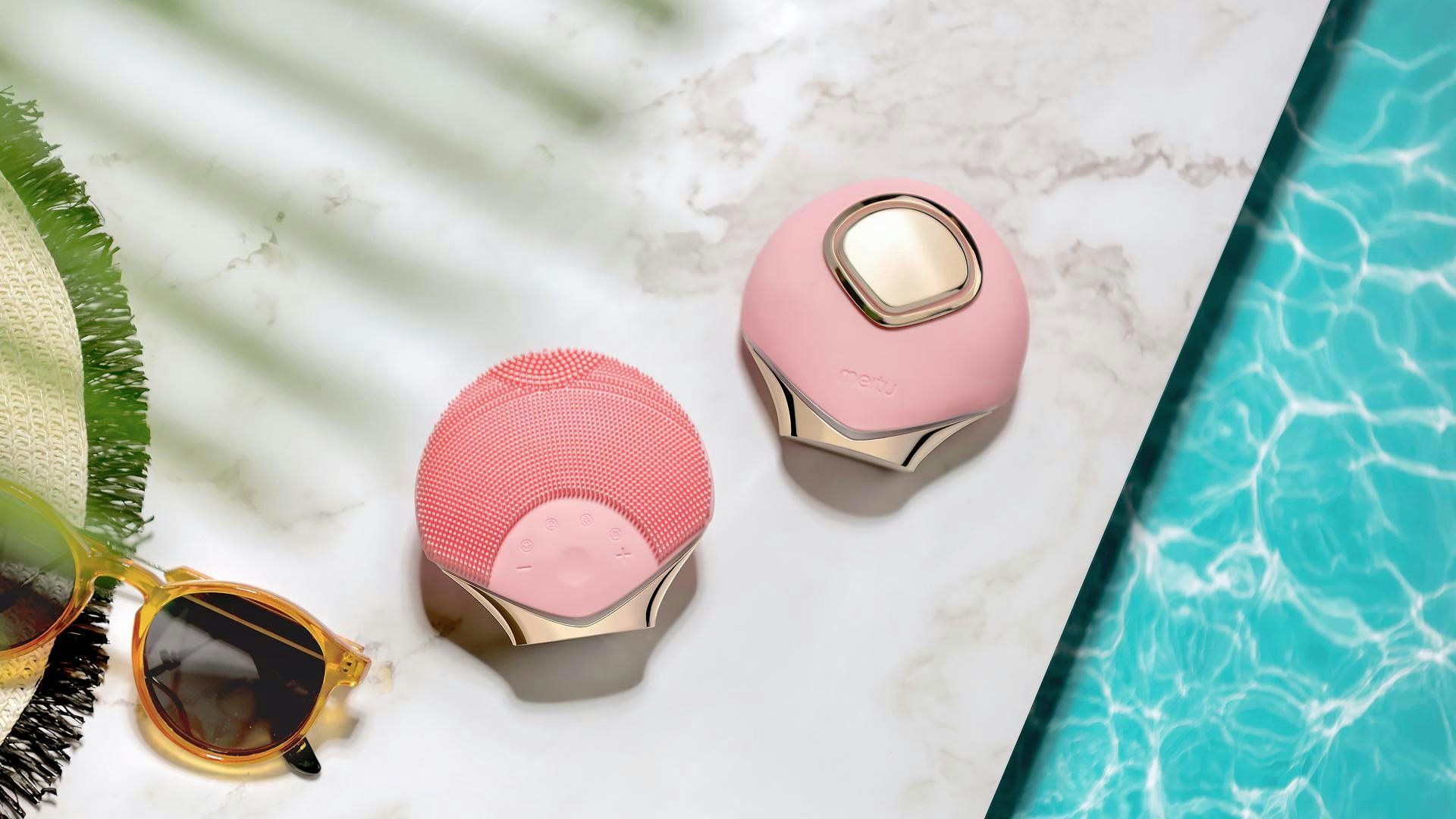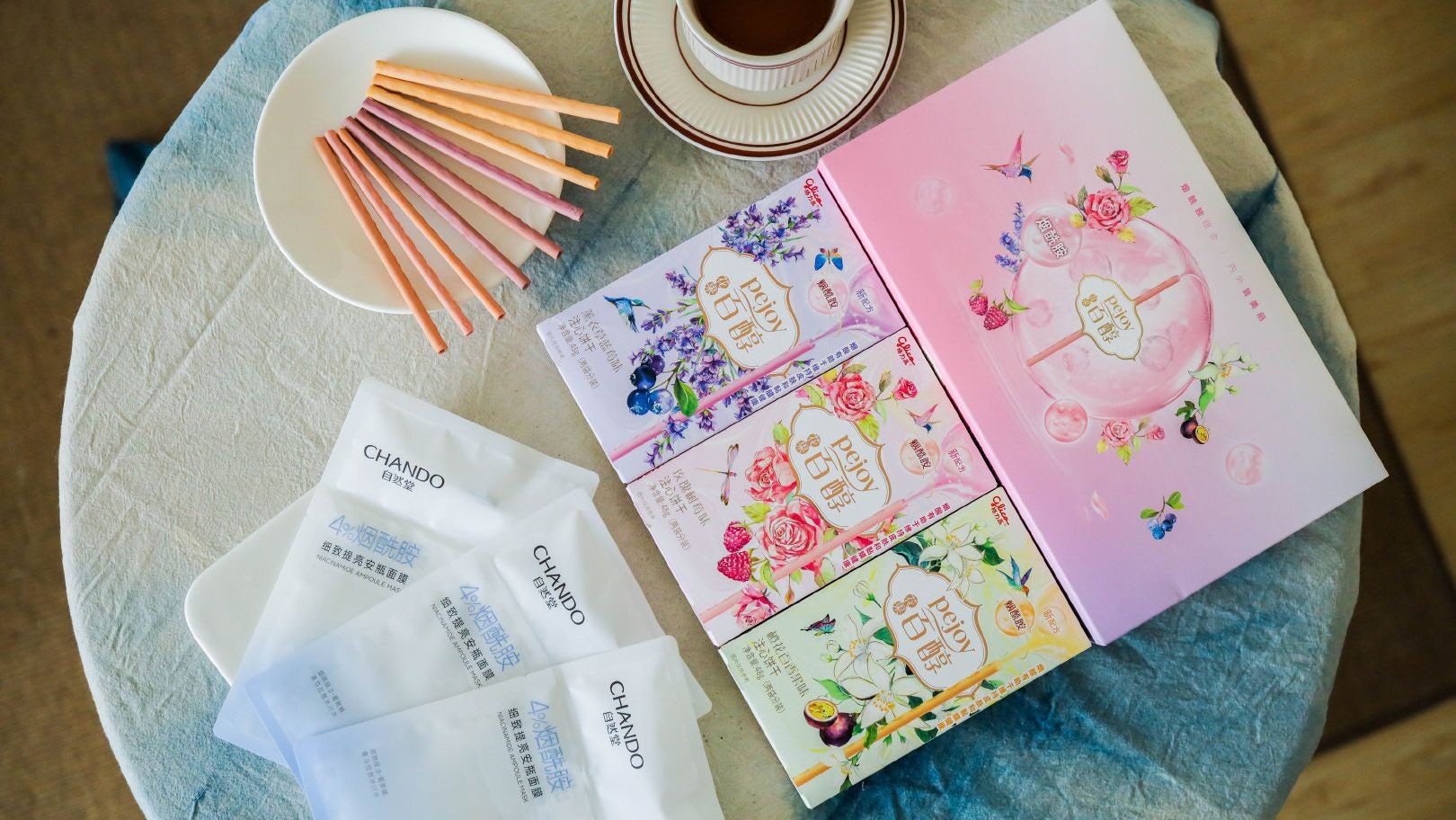Key Takeaways:#
The most in-demand, hi-tech facial tools provide a spa-like experience right in the comfort of your home.
Swedish skincare brand FOREO is one of the biggest success stories in China, reporting record Singles' Day sales.
The Global Personal Care Appliances Market will reach 25.9 billion by 2026.
Traditionally, the beauty segment has always been a top performer for luxury brands. Lipstick, in particular, performed very well during recession periods. In fact, after analyzing this trend, Leonard Lauder, chairman of Estée Lauder, coined the term the “lipstick effect.”
Euromonitor Internationalrecently highlighted how various beauty entry categories like “nail polish” and “lipstick” have come to represent the “affordable luxury” segment. That is hardly surprising considering that not everyone can afford a Kelly or Birkin bag, but most of us can splurge on a 67 Rouge Hermès lipstick. But, at first sight, it appears as if this trend was reversed during the COVID-19 pandemic.
For obvious reasons, sales of lipsticks have fallen flat during the age of mask-wearing. “Lipstick rubs dirty on a mask, which I have to wear all the time during the pandemic. As a result, I rarely put on lipsticks as much as I used to," said Yang Yang, a 30-year-old woman, to The Global Times.
The pandemic has delivered a serious blow to lipstick sales, but that doesn’t mean the beauty industry isn't finding innovative ways to stay afloat. Countries like South Korea (with its elaborate 10-step routines for poreless porcelain skin), Japan, and China are all ahead of the game.
Flawless, clean skin is not a recent obsession in China, as beauty brands have been coming up with products that promise age-resistant complexions for decades. But China's younger, digitally-savvy consumers are no longer satisfied with the typical beauty regimens, and they are demanding intelligent skincare solutions that are in line with their futuristic age.
Tech makeovers are already the norm in China. Take, for example, SK-II’s X Smart Store in Shanghai, which offers a personalized skin diagnosis. MAC, Meitu, and Alibaba already use in-store smart mirrors, which allow users to try on virtual makeup and offer personalized makeup solutions. But these massive investments in breakthrough technologies had to be forgotten during the lockdown age.
As consumers spend more time at home, brands have had to adapt to a new reality. Beauty gadgets now must respond to new needs, such as quarantine self-grooming and DIY beauty routines. In this age, the most in-demand hi-tech facial tools should provide a spa-like experience right in the comfort of one's home.
According to Kline & Company, sales in China’s at-home beauty device market grew 71 percent in 2017. Meanwhile, the Business of Fashion reports that, in the same year, half of the top ten digital appliances sold were at-home beauty tools during Alibaba’s 11/11 Singles' Day shopping festival.
Alibaba’s competitive advantage is that it understands the power of demographic and behavioral segmentation, so it provides the right product to the right customer at the right time. To give an example, consumers in the age group 35-45 are the highest spenders for the most expensive beauty products. As such, Alibaba offers them high-end personal beauty equipment. This customer-centric strategy enhances satisfaction and builds loyalty.
Unsurprisingly, Alibaba sales of beauty gadgets have skyrocketed. According to Tmall, smart beauty devices have seen transaction volume double annually for three consecutive years. “We've seen beauty brands swarming to follow the trend of using big data analysis, artificial intelligence, and facial recognition to recommend and customize beauty products for consumers,” said Chen Lijuan, head of Alibaba's AI Lab.
Proving this trend, the Swedish skincare brand FOREO is now one of the biggest success stories in China, reporting record Singles' Day sales. Its smart silicone facial cleansing device, FOREA LUNA, broke records in 2017 when it sold more than 15-million worth of the product in 24 hours. In fact, FOREO claimed the top position in the beauty device category in China with over 100 million RMB in sales via its 11/11 Tmall Singles’ Day promotion in 2017. Since then, the beauty device has remained in pole position in China, breaking records yearly.

FOREO’s marketing strategy for China had a substantial impact on the company’s sales. Just recently, the brand took part in the China International Consumer Products Expo in Hainan, where the Ministry of Commerce of the People’s Republic of China and the Hainan Provincial Government hosted a product launch event for 1,000 VIP guests.
During the event, FOREO launched a limited-edition Luna device, emblazoned with the image of Yuanxiao, the mascot of the consumer fair. The facial cleansing device was presented to the public by top livestreamer Viya, and 17.7 million people viewed the broadcast.
Meanwhile, the image editing software Meitu has also entered the smart-gadgets market, finding success with MeituSpa, an AI cleansing brush that offers information on the user’s skin health.
Additionally, L’Oréal has come up with its own AI-powered, at-home skincare gadget that uses real-time data to create personalized skincare solutions for customers. L’Oréal’s Perso is expected to compete with Shiseido for a higher market share.

Other innovative entries that are rapidly winning the hearts of Chinese consumers are the Face and Eye cooling massage stick, the face lifting vibration roller, and the Face Lifting Pad from WellDerma.
In 2020, the global market for personal care appliances was estimated at 19.7 billion and is forecasted to reach 25.9 billion by 2026, growing at a CAGR of 4.7 percent over the period. Estimations indicate that China will reach a projected market size of 2.8 billion by 2026, with a CAGR of 6 percent over the same period.
Clearly, the beauty gadget market is surging with unprecedented speed. Beauty companies should invest in AI or AR-powered solutions that offer customers more convenience and personalized recommendations. And these cutting-edge technologies are even more in demand in the luxury beauty segment, where consumers prefer having more choices and highly customized products.

